Wait, Pause My Blood Thinner?
Okay, let’s get real for a second. You’re chatting with your dentist, and they say, “So, you’re on Eliquis?” Suddenly, a routine tooth pull turns into an Olympic-level event. Your mind’s spinning: Am I supposed to stop? If I do, am I doomed to get a clot? If I don’t, will I bleed forever? Honestly… this stuff does not come with a chill-out manual.
But you’re not alone in wondering. We’re diving right into the nitty-gritty—no textbook talk, no scare tactics, just some straight-to-your-kitchen-table advice. This is your guide to figuring out when to stop Eliquis before tooth extraction (for you, or your parents, or that friend who always panics at the dentist).
Why Blood Thinners Get So Awkward at the Dentist
Let’s just say—blood thinners like Eliquis (real name apixaban) keep a lot of hearts and brains safe. They’re non-negotiable for millions, whether you’ve got atrial fibrillation, a past clot, or a knee that needed replacing. But add a dental procedure to the mix, and everything feels way less predictable.
Ever met someone who told you about their cousin who bled “like crazy” after skipping their pre-op instructions? It’s probably true that things can get out of hand if you don’t play by the anticoagulant rulebook… but the trick is finding your sweet spot. Not too much, not too little.
And here’s where the drama (and the confusion) comes in: How do you time this to keep your mouth and the rest of you safe?
One Size Never Fits All
Eliquis is, how should we put this… a bit like Goldilocks. Too much, and your dentist may worry about taming the post-extraction bleeding. Too little, and suddenly you’re at risk for those clots you were trying to avoid in the first place.
But what about Apixaban tooth extraction nhs? A lot of folks check out these guidelines because, let’s face it, NHS advice isn’t half bad—lots of reassuring, practical advice. But even they’ll say… the answer depends!
So, let’s break it down together—no stress, no jargon.
Risks: Not All Extractions Are the Same
First thing: not every tooth extraction has the same “uh-oh” factor. If you’re just losing one troublesome molar and otherwise healthy, low risk. If it’s several teeth, deep roots, or extra medical issues? Different ballgame.
What the Docs & Dentists Say
Anecdote alert:
My friend Tom (yep, real person, real nervous about his blood thinners) didn’t even tell his dentist the first time around. Result? Three days of biting on tea bags and not much sleep. The second time, he asked his doc, followed instructions, and his only actual complaint was “the dentist’s playlist.”Guidelines from experts (think: NHS, Canadian docs, American Academy of Oral Medicine) tend to cluster around two main questions:
- How much are you likely to bleed, based on the type of extraction?
- How quickly does your body clear Eliquis? (Kidneys matter!)
Risk Table: Should You Stop and For How Long?
| Type of Extraction | Bleeding Risk | When to Stop Eliquis |
|---|---|---|
| Simple, single tooth | Low | 24 hours before or may not need to stop |
| Multiple teeth or deep/nasty extractions | High | 48 hours before |
| Minor dental work (no extractions) | Minimal | No need to stop |
Apixaban tooth extraction nhs has more if you want NHS-level details, but those are the basics.
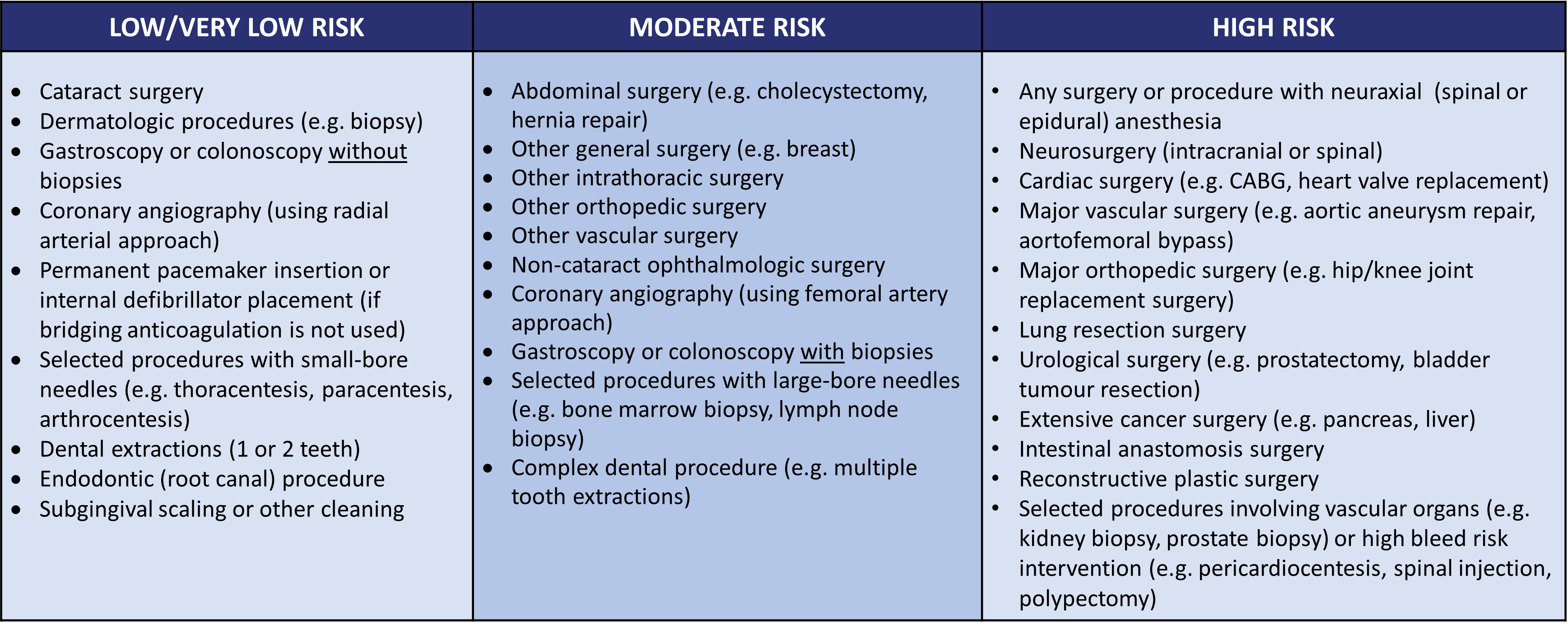
So, Really… When Should You Stop?
Here’s where the rubber hits the road. Or the tooth hits the gauze? You know what I mean.
If you’re scheduled for a straightforward, not-too-scary tooth extraction, guidelines usually say stop Eliquis 24 hours before. That goes for most people with decent kidney function—meaning your body gets rid of stuff at a normal pace.
But if your extraction is more of a “bring a friend to hold your hand” situation (think: several teeth, anything surgical), stop Eliquis 48 hours before the procedure. That gives your body enough time to lower your bleeding risk without leaving you unprotected for too long according to NHS resources and advice from medical boards.
Super important: If your kidneys are slow, you’re older, or the reason you’re on Eliquis is extra serious… double check with your prescriber. They might tell you to wait longer. This truly isn’t a DIY tweak-your-dose kind of thing.
What If It’s Just a Cleaning?
Keep taking your Eliquis. Cleanings, fillings, routine stuff—hardly ever a reason to pause your meds. (Dentists have tricks to manage bleeding even with thinners in your system.)
“Hold On… What If I Forget?”
Here’s a gem I picked up from a dental nurse: If your procedure is first-thing-in-the-morning and you’re due for your next Eliquis dose, just skip that dose until after the dentist gives you the all clear. Basically, don’t complicate things if your body is already set to “baseline” when you wake up.
Also, if you realize you took your dose right before heading in, stop and let your dentist know. They’ll gauge if it’s still okay to go ahead (often it is, with extra care). Transparency wins!
The Science-y Bit (but Fun)
Picture Eliquis as that friend who leaves the party fast—it’s got a “half-life” of about 8–15 hours. So, after one day off, most of it is out of your system based on clinical studies. For higher-risk stuff, two days keeps you solidly in the safe zone.
Fun fact: Warfarin (the old-school thinner) would take several days to back out of your system—not exactly user-friendly when you just want that tooth gone.
And when it’s time to restart? Usually, the answer is: once you’ve stopped bleeding—think 24 hours if things look good, 48–72 for big surgeries or extra oozy situations.

What If I Bleed? (Don’t Panic!)
This is where that “frantic cousin” advice needs debunking. Yes, there’s a higher chance of some extra bleeding, but dentists know what they’re doing. Local measures—pressure, gauze, and sometimes a magic mouth rinse (tranexamic acid, fancy name, simple effect)—can help heaps.
Anecdote break: One online support group story sticks out—guy took Eliquis as usual, left the dentist looking like a chipmunk, but all swelling/bleeding resolved in two days. The stress? Way worse than the real outcome… and his dentist had an “emergency” kit ready, just in case.
If you’re ever at home thinking, “Whoa, this seems like too much,” call your dentist or regular doctor ASAP. Don’t just tough it out.
Extra info: For any more complicated extractions, bookmark the Apixaban tooth extraction nhs resources to share with your healthcare team—having those in your back pocket always feels good.
Personalizing Your Plan (Because You’re Unique!)
Let’s not pretend “stop 24–48 hours before” is always the whole answer. Your full picture includes:
- Age (older = sometimes slower clearance)
- Kidney health (these are like the cleaners for Eliquis)
- Why you’re even on Eliquis (history of clot? Heart issue?)
- Other medicines (sometimes thinners, sometimes not)
So, text/call your doctor or dentist. Or both! Let them puzzle it out for you. (Seriously—make them earn their lunch.)
In some rare cases, a haematologist will step in to make hyper-personal recommendations. You deserve answers tailored to you, not just whatever pops up on Google first.
Curious how this all lines up in the UK versus elsewhere? Scroll through Apixaban tooth extraction nhs and you’ll see—differences pop up, but the heartbeat is the same: safety first, worry less, personalize always.
Restarting: When’s It Okay to Pop That Pill Again?
You survived! Tooth is out, your mouth feels… well, tender, but not terrifying. When’s it cool to take Eliquis again?
Here’s the buddy system answer: as soon as your dentist says the bleeding’s under control—usually 24 hours after a simple extraction. More involved procedures? Sometimes wait it out for 48 or even 72 hours.
Rule: No bleeding puddles = you can restart.
Life hack: If you start bleeding again after you’ve restarted, pause and call your care team. It’s never a bother—they’d rather answer your call than clean up a bigger mess later.
The “Takeaway Coffee Cup Wisdom”
We’ve covered a lot… if your head’s spinning, here’s the quick pour:
- For most simple tooth extractions: Stop Eliquis about 24 hours before, sometimes not at all.
- If it’s a bigger job? Stop 48 hours ahead. Just don’t DIY—speak to your care team.
- Never stop “just because” or because a neighbor told you to. Personalized plans are king.
- Restart only when bleeding is definitely under control—your dentist or doctor will be your best guide.
- If you’re feeling nervous or confused, peek at Apixaban tooth extraction nhs or call the pros. You are not bugging them!
Wrapping Up: You’ve Got This
Hey, maybe tooth extractions while on Eliquis still won’t make your “top ten best days ever” list, but with the right info? You can head in feeling calm.
Here’s the real advice from this friend to you: Don’t be shy. Ask your dentist and doctor about when to stop Eliquis before tooth extraction. Share your meds list, your fears, even your horror stories if you’ve got ’em. The more you ask, the safer you’ll be. And remember—most people come through with nothing more dramatic than a craving for ice cream and a (slightly) puffier cheek.
So, go on! Book the appointment, prep some soft snacks for after, and give yourself a high-five for taking charge of your health. And next time someone at work panics about their “tooth and blood thinner” combo? You’ll be the wise one in the break room.
Sending you calming vibes, a speedy recovery, and (hopefully) a dentist with a better playlist than Tom’s. You’ve got this!

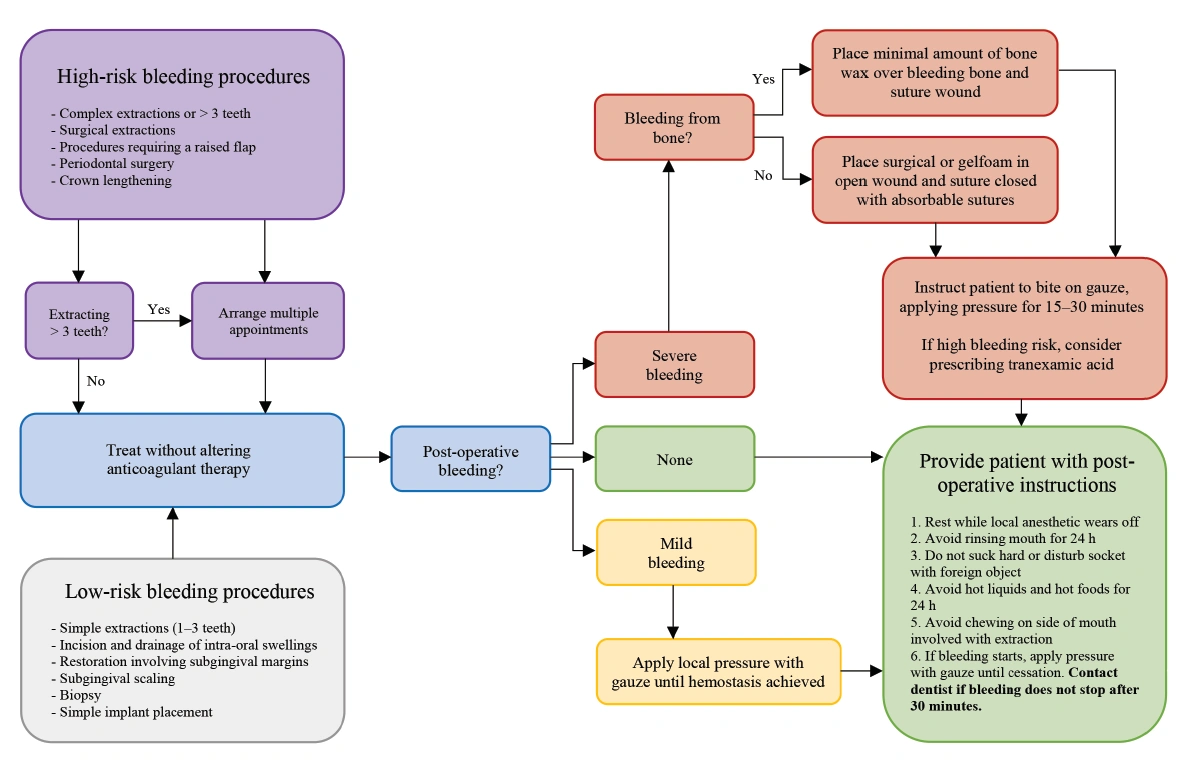





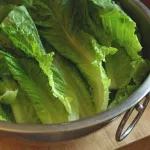

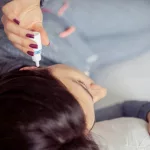
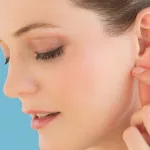

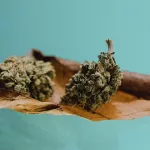
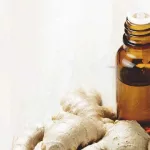




Leave a Reply
You must be logged in to post a comment.